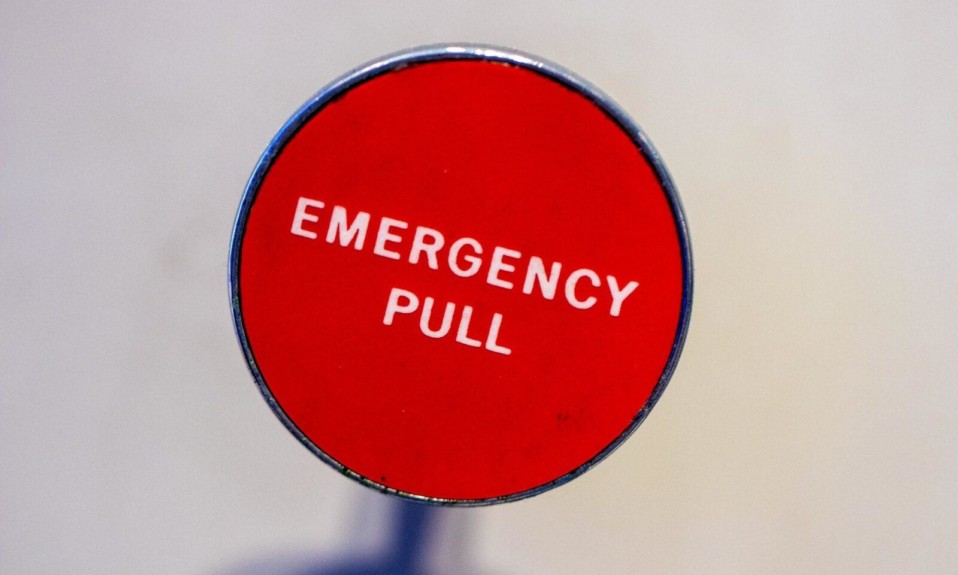A weekly roundup on the latest in addiction science, medicine and care
By William Wagner
Call it collateral damage. The effects of the COVID-19 pandemic have been widespread, and the behavioral care industry hasn’t been immune. As 2020 has unfolded, many behavioral care organizations have wound up in financial dire straits.
Other topics we explore in this edition of “From the Journals” include dramatic action in Canada in the fight against opioid overdoses, new findings on the impact of marijuana on cognitive functioning, a drop in tobacco sales in 2020 and ways to address the difficulty of keeping individuals engaged in outpatient treatment programs.
Behavioral health providers have lost, on average, 22.6% of their revenue during the pandemic.”—National Council for Behavioral Health (NCBH) survey
From the National Council for Behavioral Health (NCBH):
COVID-19’s Impact on Treatment
Behavioral care has been big business, with about $42 billion in annual revenue entering 2020. But like many other parts of the economy, it’s been hit hard by the pandemic. A new survey by the National Council for Behavioral Health (NCBH), which comprises about 3,000 mental health and addiction providers, points to disturbing financial trends. Among them: Behavioral health providers have lost, on average, 22.6% of their revenue during the pandemic. What has this meant for those who work in treatment? The survey found that 26% of behavioral health organizations have laid off employees, 24% have furloughed employees and 43% have cut back on staff hours. Ironically, people want treatment more than ever; according to the survey, 52% of organizations have seen an increase in demand for services during the pandemic. But operational costs have increased dramatically, forcing 54% of organizations to shutter various programs and 65% to cancel, reschedule or turn away patients.
From The Guardian:
British Columbia’s “Safer Supply” Opioids Initiative
In response to an overdose crisis, the Canadian province of British Columbia has taken bold action. It gives nurses the green light to prescribe additional legal alternatives, such as hydromorphone, to the illicit drugs that have killed 900 people so far this year in British Columbia. “The move constitutes a major expansion to ‘safer supply’ prescribing guidelines, which aim to provide illicit drug users with an alternative to the increasingly toxic and contaminated street drug supply,” reads the Guardian article. If the initiative works, it could be used as a template in stemming the tide of opioid-related deaths.
From Addiction:
Weed’s Impact on Early Cognitive Functioning
A new study separates genetic and accompanying environmental components from the effects of early-age use of marijuana on cognitive functioning. To do so, researchers from the University of Colorado Anschutz Medical Campus studied siblings—a total of 1,192 adolescents from 596 families. Their study concludes, “Moderate adolescent cannabis use may have adverse effects on cognitive functioning, specifically verbal memory, that cannot be explained by familial factors.”
From GlobalData:
An International Drop in Tobacco Sales
Statistics from GlobalData, a data and analytics company, show that cigarette smoking has waned worldwide in 2020. Sales of filtered cigarettes look like they’ll be 8% lower this year than originally expected. The decline appears to be related to the COVID-19 pandemic, as fewer people have been using tobacco for health and economic reasons.
From Addiction Professional:
How to Keep ’Em on the Wagon
An article written by Bob Hennen, MS, LCMHC, LPC, LCAS, LAC, and Brian Coon, MA, LCAS, CCS, MAC, addresses the attrition rates in outpatient substance use disorder (SUD) programs. The authors provide suggestions for boosting retention, including an emphasis on recovery coaching (also known as peer recovery support services). “Recovery coaching has proven to increase engagement with treatment providers, increase linkage to community resources, increase treatment retention, and is correlated with decreased substance use and relapse, although limited validated research exists for the exact effect of integrating recovery coaching into a treatment program,” write Hennen and Coon.
Photo: Jason Leung













